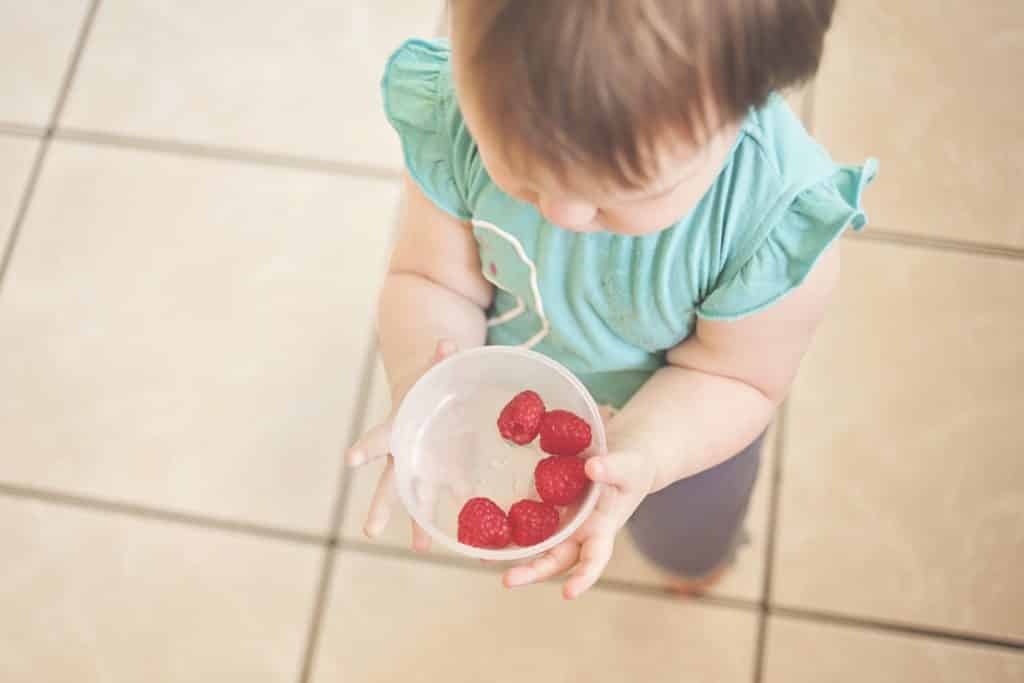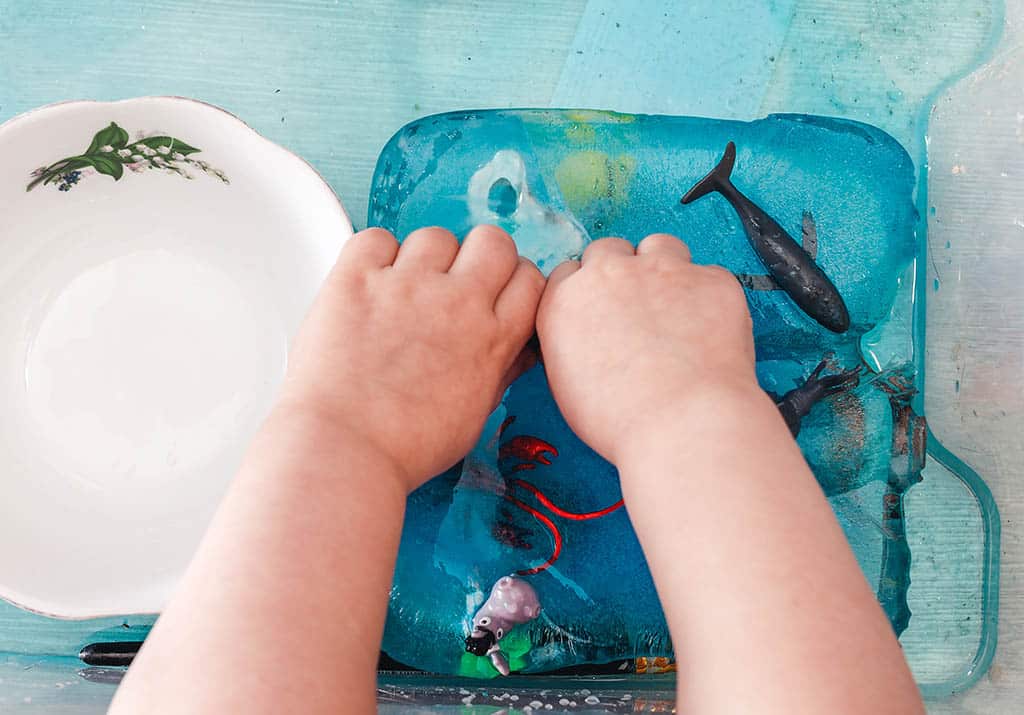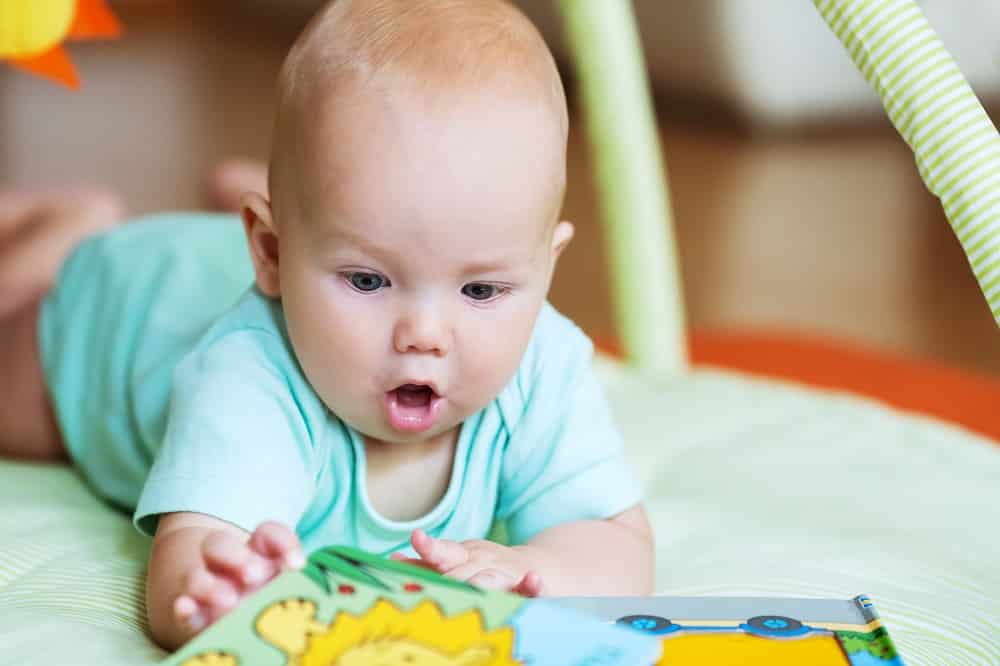We hear lots about routines when we have children. Whether it’s how to get your baby into a good sleep routine, managing your toddler’s toilet training or how to introduce solids, we can feel that there are so many routines to keep up with. But having some routines in your day can really help you and your child settle into patterns that suit you and your family.
Responding warmly and predictably to your baby and creating routines helps babies and toddlers to feel safe. It shows them that that they can count on you when they are sick, upset or distressed, and that you can meet their needs. Developing daily routines will help your baby or toddler learn about the people and the world around them. Talking to your baby as you go through your own daily routines is a great way to engage with them, teach them new words and help them learn new things such as numbers and colours, all without you trying. You may already do this already without realising, “Ooh it’s a sunny day, let’s put some washing on the line”, or “It’s time for tea, lets peel the orange carrots, how many have we got? One, two three!” Telling your or toddler what is going on, pointing out interesting things that you see together, and helping them develop their other senses—hearing, touch, taste, and smell are great for brain development and early speech.
Babies need their parents and caregivers to respond to them in loving, caring and consistent ways. Routines can help your child predict what’s going to happen and keep them calm and relaxed.
3 key areas for establishing a routine
Sleeping:
This is a key one that not only helps your baby and their growth and development, but makes for a generally happier household too. If you’re tired and you have other children to look after, it can be a very challenging period to do everything expected of you as a parent whilst exhausted. Routines to try for encouraging your baby to be a consistent sleeper include;
- bath time,
- gentle baby massage,
- dim lights
- bed time story
Eating:
Feeding on demand during the first few weeks of your baby being born is more important than sticking to a timeframe. It’s also important to remember that it’s a routine, not a schedule so look for the signs your baby is hungry and then respond.
For toddlers, a routine could look like:
- wash hands
- choose a plate
- get a drink
- sit at the table
Bath time:
Be prepared to test the right time for bath time for your baby. Some find it relaxing (so best to have it at night before bed) and other babies find baths stimulating so it’s a great way for them to wake up in the morning. For toddlers, a bath time routine could look like:
- get a towel
- choose a bubble bath
- choose bath toys
- Clean teeth
- Choose a bedtime story
Responding warmly and predictably to your baby and toddler creates routines that make them feel safe, especially if they have had a difficult or tiring day. It shows them that that they can count on you when they are sick, upset or distressed, and that you can meet their needs. Developing daily routines will help your baby or toddler learn about the people and the world around them. Talking to your baby as you go through your own daily routines is a great way to engage with them, teach them new words and help them learn new things such as numbers and colours, all without you trying. You may already do this already without realising, “Ooh it’s a sunny day, let’s put some washing on the line”, or “It’s time for tea, lets peel the orange carrots, how many have we got? One, two three!” Telling your or toddler what is going on, pointing out interesting things that you see together, and helping them develop their other senses—hearing, touch, taste, and smell are great for brain development and early speech.
Routines don’t have to be rigid and it can be fun to have a few things that you try and slot in each week. Daily routines can break what can seem like very long days into manageable sections that help to make your days more exciting and predictable for both of you.
Some suggestions;
Try to ensure you spend some time outside every day.
Meeting up for a playdate in the park, getting a blanket out to play or have lunch on in the garden (don’t forget the sunscreen) or a short walk will do you both good and increase your vitamin D levels. The outside world is full of interesting, exciting things for your baby or toddler, and being able to look across long distances is very important in helping their developing vision. Talking about what you see, hear or smell helps them learn new words about nature, weather and wildlife. Letting your baby feel the grass or sand on their feet is a great sensory experience.
Get down on the floor for tummy time and creative play
Play works best when you are on the same level as your child – on the floor together or sitting at a table. Babies love new textures, a piece or screwed up paper, some different textured fabrics and soft toys or play mats with different textures stimulate your baby’s brain to develop lots of new connections. Toys don’t need to be expensive try exploring shapes, colours and textures of things in your home. A simple hairbrush, set of measuring cups or a wooden spoon are fascinating to young children. Stacking toys are great and small children love taking things in and out of boxes. Try finding a few plastic tubs or Tupperware boxes and some small balls or toys. Your child will love putting things in and taking them out. It’s also great for developing fine motor skills which will help them develop skills for writing later on.
Books and Imaginative play
Books can be great for stimulating your child’s imagination. Even the youngest babies are stimulated by the bright colours in picture books. They’ll also love sitting and being cuddled for a fun story. Older children love stories about animals and will have great fun making animal sounds or dinosaur roars. Rhyming books encourage your child to wait for the fun bits and young babies love the rhythm in rhyming stories. You can sing some animal or dinosaur songs or make simple toys and pictures with pens, paper, fabric etc. Themes such as farm animals, dinosaurs, colours or numbers can help you think up lots of related things that you can do for a whole week. Here’s some ideas:
- Farm week
- Under the sea
- Dinosaurs
- Colours
- Numbers
- Cars and vehicles
- Space
- Superheroes
As your child gets older encourage your growing child to play pretending games. Who will they be? Where will they go? What will they do? A few sheets and blankets can make a great tent or hideaway and a large cardboard box can lead to hours of play. Follow your child’s lead – if you join in their game, you are telling them that their ideas and decisions are important. As your child grows older they will need more time to play by themselves and invent their own games – but they will always love to have some special time with you. Play helps babies learn, and you are your child’s first playmate.
Why not try and see if you can try one of these activities a week?









